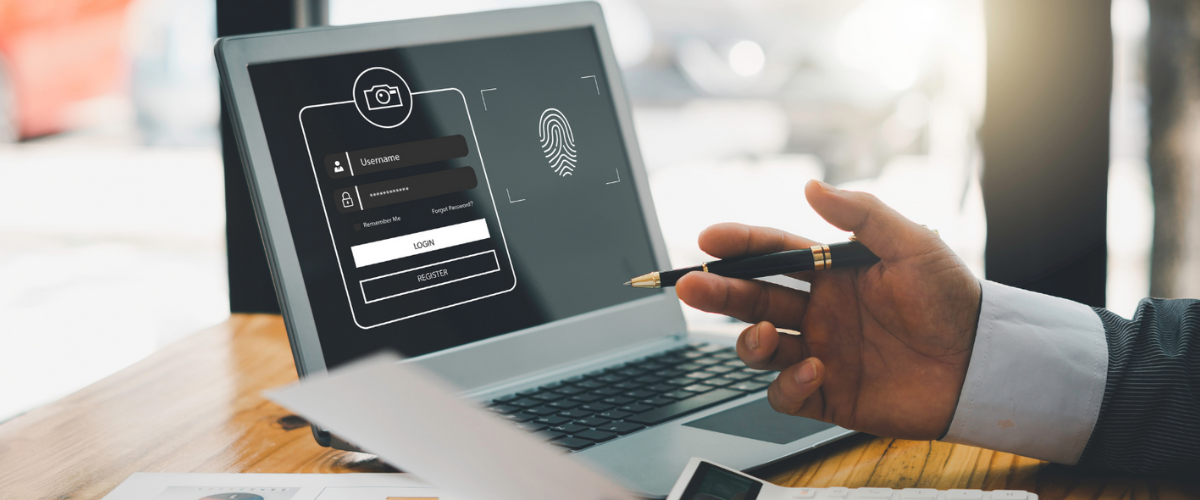
Unfortunately, there’s never an off-season from the threat of scammers. Often, they try to steal your identity so they can tap into your financial accounts or open new ones and ruin your credit. Other times, they pretend to be an IRS agent or a relative in trouble and ask for gift cards or wire transfers.
Fraud is big business in the U.S. with no signs of slowing down. New data shows Americans reported losing nearly $8.8 billion to fraud in 2022, an increase of more than 30 percent from 2021, according to the Federal Trade Commission (FTC).
The scam where consumers lost the most cash? People bought into phony investments to the tune of $3.8 billion last year, notes the FTC. Online shopping scams through social media platforms accounted for another $1.2 billion lost. Unfortunately, the real dollar amounts are likely even higher since many victims of fraud don’t report the crime because of embarrassment.
How can you protect yourself (and vulnerable family members and friends) from being duped out of your hard-earned money? Consider these tips from the Consumer Financial Protection Bureau (CFPB) and other groups to protect against scams and fraudsters seeking new victims.
Yes, we know it can be cumbersome, but creating strong passwords and changing them up every few months may just save you from identity theft and endless hours trying to clear your good name. Need inspiration? Consider using a phrase from your favorite movie or musical. It’s easy to remember and harder for bad actors to untangle. And while we are on the subject of password safety, another way to add a layer of security to your email and cell phone data safe is by turning on two-factor authentication, notes the FTC.
If you aren’t using facial recognition on your phone, use the longest password option available. For example, instead of creating a four-digit code to get into your cell, tablet, and other devices, opt for using one with eight digits instead. Let’s make it hard for criminals. After you’ve gone through the trouble to make sure your passwords are long and strong, don’t share them. The same goes for pin numbers for financial accounts, credit cards, and your phone.
Americans are getting some 4 billion robocalls a month, according to the Federal Communications Commission. Yes, that was billion with a B. Here’s what the FCC suggests we do:
More Ways To Guard Against Scams
Experience the Northwest Bank difference--the better banking experience. Contact us today and let's build a brighter financial future together!
Mon - Fri: 7:00 AM - 7:00 PM CST
Sat: 8:00 AM - 12:00 PM CST
General Support: 800-678-4105